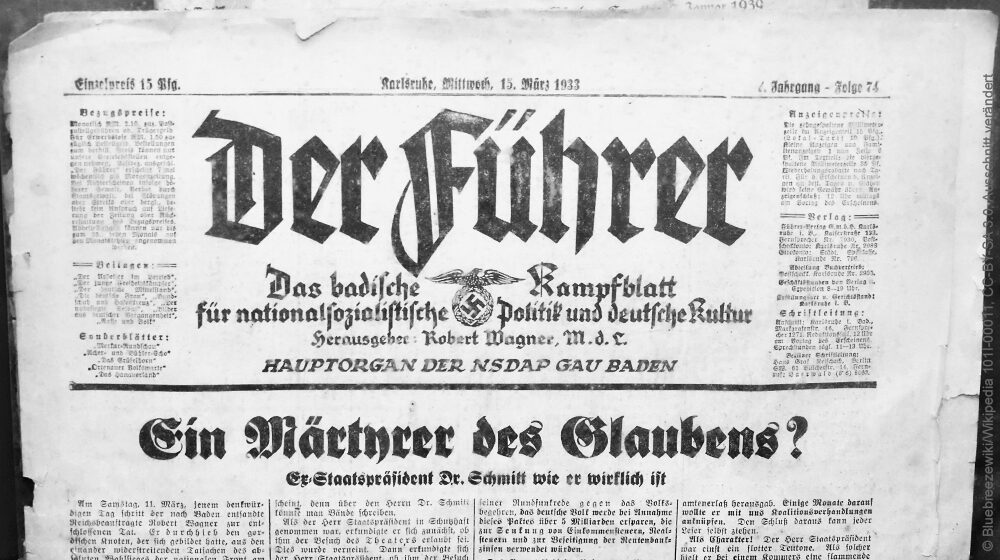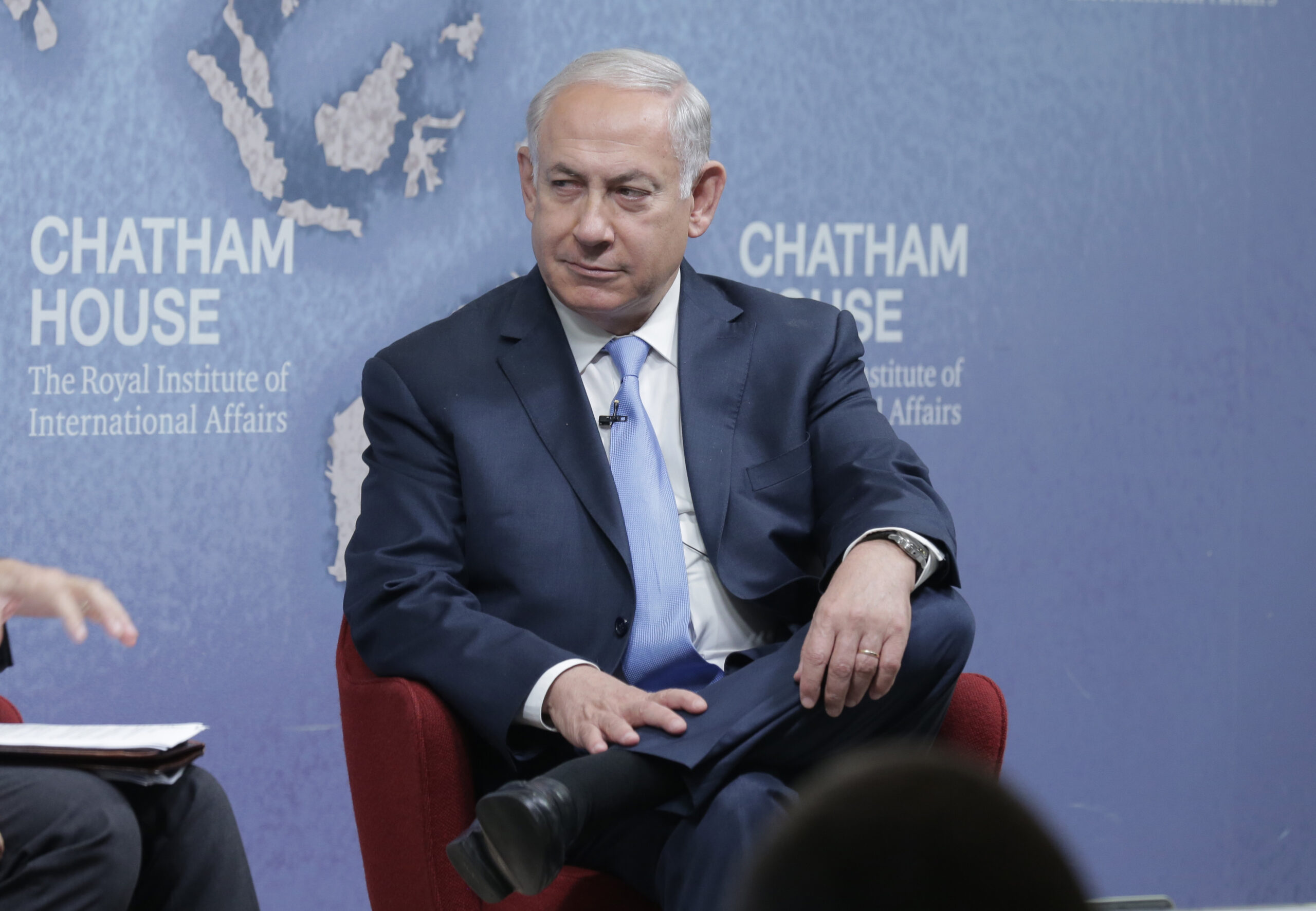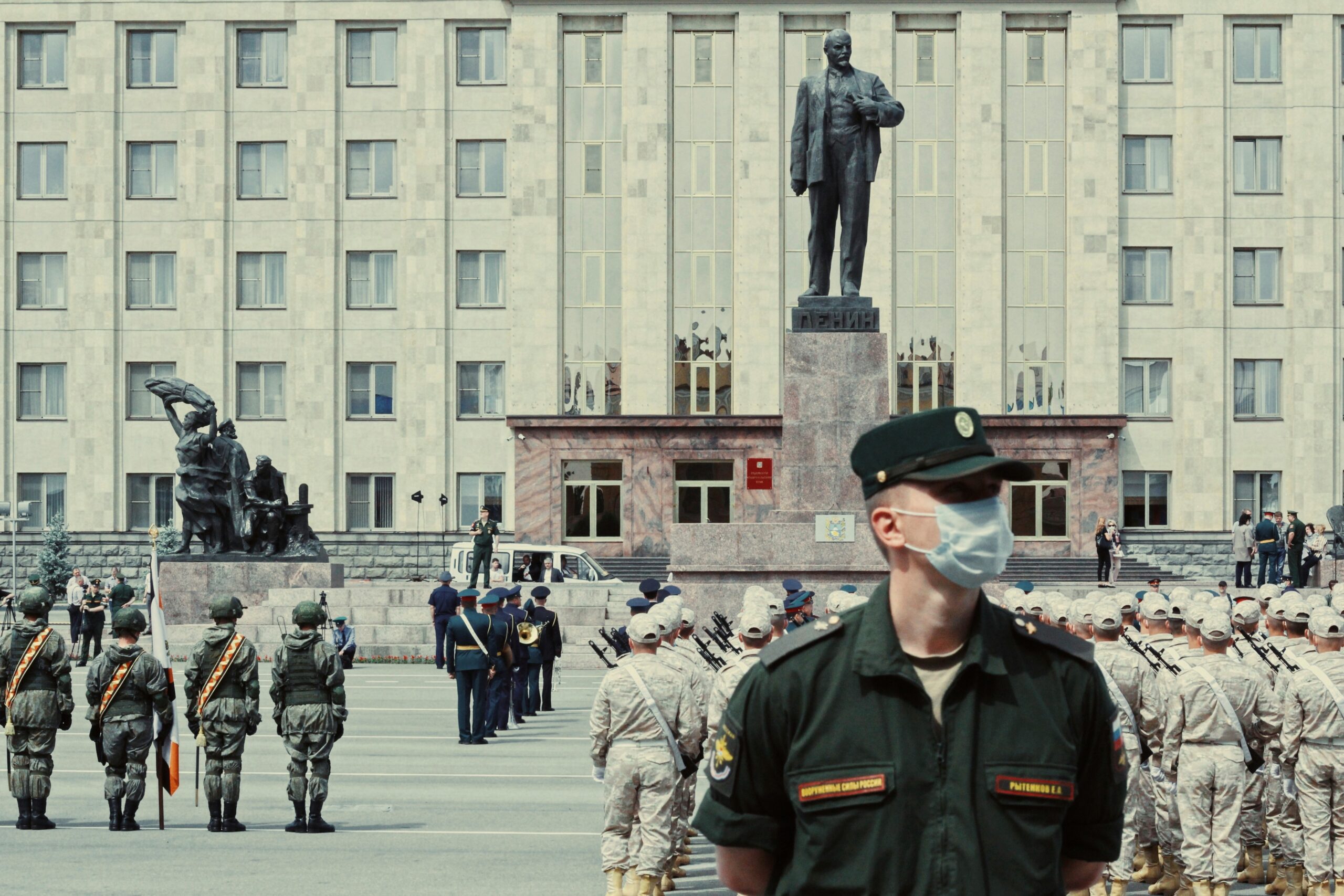President Trump’s foreign aid freeze was marketed as a bold, necessary reevaluation of America’s role in the world. Billions in health programs, food assistance, education grants, and civil society funds were slashed with the stroke of a pen under Executive Order 14169. Aid to Latin America? Paused. Development support in Southeast Asia? Gone. Life-saving medicine for sub-Saharan Africa? Sorry, budget’s tight. But somehow, miraculously, Israel’s military funding didn’t just survive the purge — it flourished.
While nearly all foreign development aid ground to a halt in January 2025, the State Department carved out exemptions for military assistance to Israel and Egypt. By February, the Trump regime had approved a $3 billion arms deal with Israel, including high-tech munitions, even as hospitals across Africa reported mass shortages of U.S.-supplied medication. These were not minor programs. Many of the cut initiatives had been in operation for decades and were responsible for tangible improvements in global public health, education access, and post-conflict development.
This wasn’t a bureaucratic oversight. It was policy. Trump made it clear that foreign aid would now be contingent on ideological alignment and loyalty. Countries that failed his political tests were cut off without warning. The victims of those decisions? Millions of people who had nothing to do with diplomatic friction but everything to lose from losing aid. The beneficiaries? Governments that either play along or serve domestic political optics. The logic is blunt: if your country doesn’t make Trump look good, don’t expect help.
Nowhere is the hypocrisy starker than with Israel. As civil society organizations shut down for lack of funding and malnutrition spikes in global hotspots, the one nation spared from reevaluation is the one already armed to the teeth. The administration defends this by citing Israel’s “security needs,” ignoring both the moral implications and the optics of sending missiles while cancelling measles vaccines. Israel, a nation with a robust military and one of the most technologically advanced defense industries in the world, was deemed untouchable.
Aid experts and human rights advocates have described the freeze as catastrophic. Programs that had operated for decades were halted overnight. Children were pulled from classrooms. Water sanitation projects stopped mid-build. Clinics shuttered. Yet not a single shipment of bombs to Israel was delayed. American taxpayer dollars continued flowing to a military already used in operations that have drawn global condemnation, including the ongoing bombardment of Gaza.
And all of this came with minimal resistance from lawmakers. Democrats issued a handful of statements decrying the freeze, but no significant movement was made to block or reverse the executive order. Congressional hearings were proposed, then quietly dropped. Instead, the political class moved on – except when it came time to reaffirm support for Israel’s military “right to defend itself.”
This highlights not only the moral collapse of U.S. foreign policy under Trump’s second term but also the bipartisan consensus around Israeli exceptionalism. In a year where nearly every line item in the foreign assistance budget was on the chopping block, only the weapons heading to Tel Aviv were deemed sacred.
The exemption sends a global message: align with U.S. militarism, and your funding is safe. Ask for food, vaccines, or textbooks? Don’t count on it. It’s not foreign policy. It’s foreign favoritism. The fact that Egypt, another major recipient of U.S. military aid and a key enforcer of the Gaza blockade, was also spared underscores the point. This isn’t about need. It’s about usefulness.
Humanitarian organizations are now warning of secondary crises erupting in regions dependent on U.S. aid. Disease outbreaks, food shortages, and rising instability are already being documented. And as this suffering spreads, the U.S. role in exacerbating it becomes harder to deny. The damage won’t be limited to lives lost. It will shape how America is viewed by the rest of the world for a generation.
If the foreign aid system is being redesigned to reflect American values, then those values now seem to include indifference to suffering and preferential treatment for strategic allies regardless of their human rights records. This isn’t about defending freedom or advancing democracy. It’s about rewarding countries that fit Trump’s narrative while punishing those that don’t.
As the humanitarian toll grows, the question isn’t whether these decisions will backfire diplomatically. The question is how much human suffering will be tolerated for the sake of selective loyalty. Because when it comes to America’s role on the world stage in 2025, charity ends at the border — unless you’re Netanyahu.
Author
Discover more from The Crustian Daily
Subscribe to get the latest posts sent to your email.











